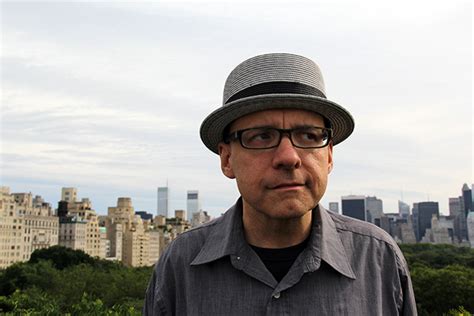A Quote by Joyce Meyer
Bad habits are our enemies because they hinder us from being the person we want to be.
Related Quotes
When an injustice happens, we want to be vindicated. People feel that if they forgive the person who hurt them, then they will continue to take advantage of them or not take responsibility for what they did wrong. If we're honest, we'll admit that we usually want the person who hurt us to pay for what they did. We can't get past this until we get the revelation that only God can pay us back. He is our Vindicator - He will heal and restore us if we will trust Him and forgive our enemies as He has told us to do.
Then one day, we’ll put the reward in the old place, and put in the rat, and, by golloy, the old habit will rememerge right away. habits never really disappear. They’re encoded into the sturctures of our brain, and that’s a huge advantage for us, because it would be awful if we had to relearn how to drive after every vacation. The problem is that your brain can’t tell the difference between bad and good habits, and so if you have a bad one, it’s always lurking there, waiting for the right cues and rewards.
When we hate our enemies, we are giving them power over us: power over our sleep, our appetites, our blood pressure, our health and our happiness. Our enemies would dance with joy if only they knew how they were worrying us, lacerating us, and getting even with us! Our hate is not hurting them at al, but our hate is turning our days and nights into a hellish turmoil.
I don't know if anyone has noticed but I only ever write about one thing: being alone. The fear of being alone, the desire to not be alone, the attempts we make to find our person, to keep our person, to convince our person to not leave us alone, the joy of being with our person and thus no longer alone, the devastation of being left alone. The need to hear the words: You are not alone.
As Shantideva says, suffering has many good qualities because it purifies our negative karma, increases our renunciation and compassion, reduces our pride, and helps us to overcome our bad mental habits. If we think in this way we will feel that difficult circumstances are our best friends. When our mind is balanced in this way it becomes as stable as Mount Meru, and nothing can cause it to shake.
Meditation accepts us just as we are-in both our tantrums and our bad habits, in our love and commitments and happiness. It allows us to have a more flexible identity because we learn to accept ourselves and all of our human experience with more tenderness and openness. We learn to accept the present moment with an open heart. Every moment is incredibly unique and fresh, and when we drop into the moment, as meditation allows us to do, we learn how to truly taste this tender and mysterious life that we share together.

































